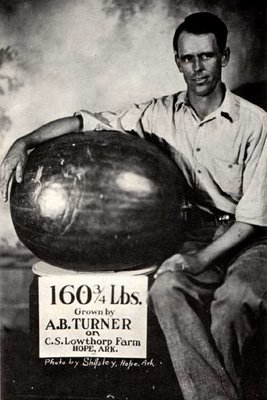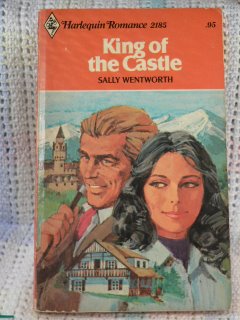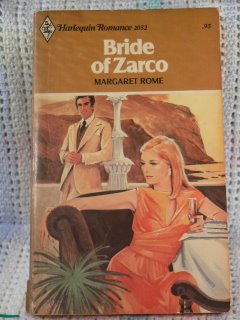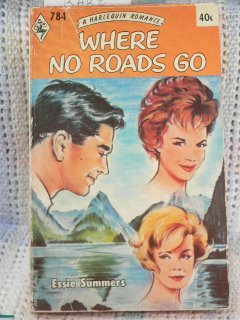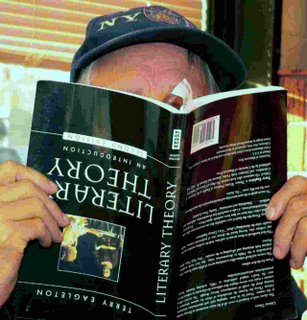Canada considering tough new copyright law?
Canada considering tough new copyright law?:
"Graham Henderson, who heads the CRIA, didn't want to talk about fair use as much as he wanted to get the word out about piracy and the culture of 'free music' that he claims has developed within Canada. Legal music download services have not flourished in Canada, he tells the Canadian Press, because 'it's a big black market effect and so instead of 25 percent [of the total music market], it's 8 percent here. People are simply abandoning the marketplace altogether, and they've made the decision they'll just download the music and worry about how the artist gets paid later.'"
Click on the title.
Blogaulaire, has to agree that the country has a flair for using the back door to avoid the ticket booth, just from seeing how Canadians jumped at the chance to 'pirate' satellite signals and ignore commercial subscription packages for the past decade.
Thanks to Digg/News for pointed up and voting in this headline article on their site.
